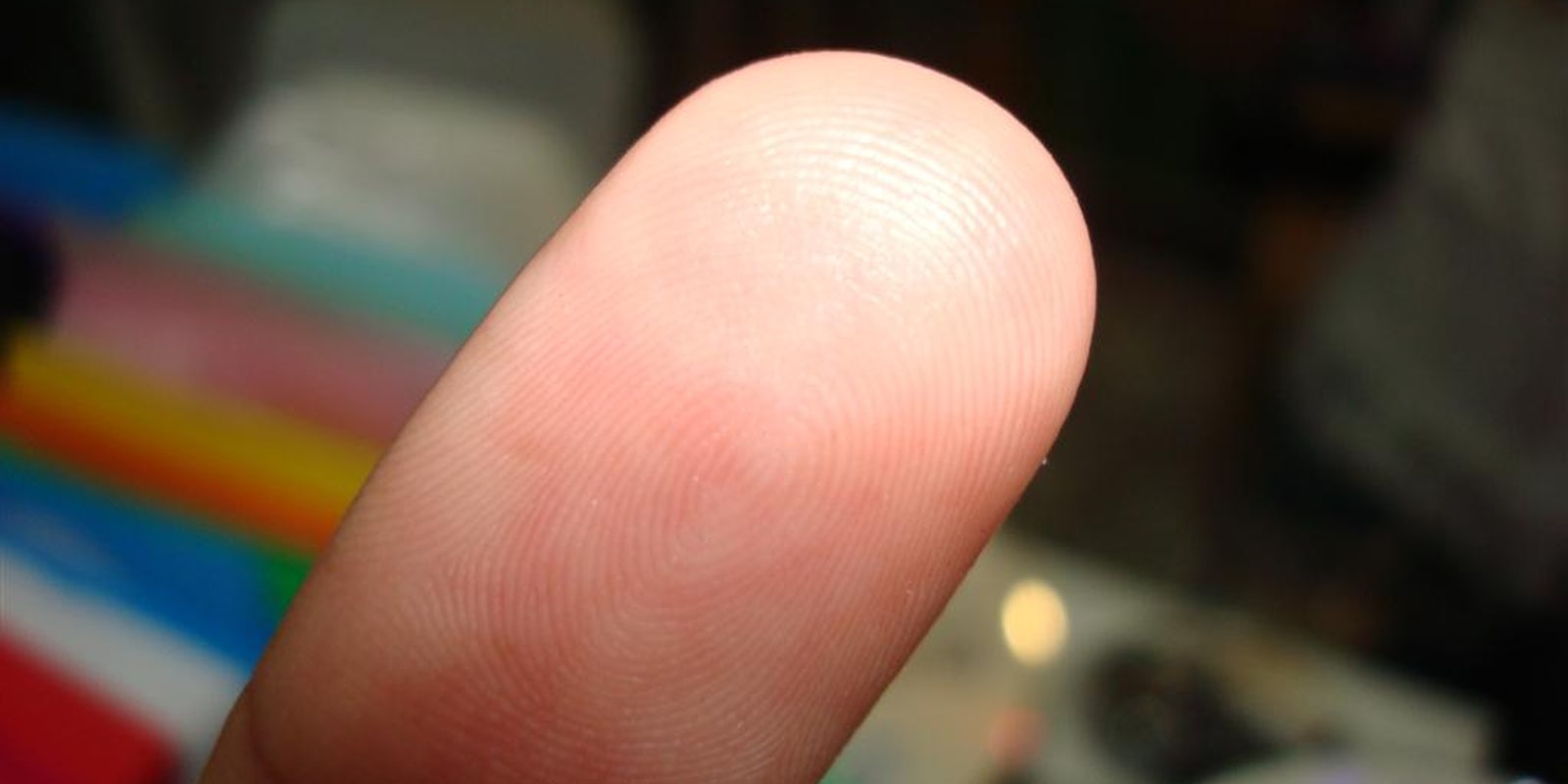The United States government is working on a new way to scan your fingerprints without having you press them against scanner glass.
The National Institute of Standards and Technology (NIST) announced the development of touchless fingerprint technology in a press release on Thursday. The agency is working with the Federal Bureau of Investigation, through its Biometric Center of Excellence, and with industry partners like the manufacturing giant 3M.
“NIST is developing methods, metrics and targets to test these devices to determine if they are reliable, accurate and can work with legacy systems,” the agency said in its statement.
Federal agents could gather potential terrorism suspects’ fingerprints without ever alerting the suspects to their presence.
One major issue is that contactless fingerprint scans produce different kinds of images than traditional scans. The usual “distortion from the pressure of placing the finger on the fingerprinting surface” doesn’t exist in these new images, which means all software that analyzes fingerprints will have to be updated to account for imaging discrepancies.
NIST also pointed to the wide variety of devices being built to capture fingerprints without physical contact, in contrast to the uniformity of traditional fingerprinting devices that has emerged over time.
Although NIST did not elaborate on the possible uses of contactless biometrics, numerous law-enforcement and surveillance applications come to mind. If the technology were sufficiently advanced, federal agents could gather potential terrorism suspects’ fingerprints without ever alerting the suspects to their presence. That idea raises a host of privacy concerns, given the FBI’s civil-liberties track record. Regardless, NIST’s touchless biometrics research is still in the early stages.
Fingerprint scanners aren’t just useful for local police and airport security officers. Biometrics could hold the key to the future of information security. As computers grow more powerful, they will get better at cracking even the most sophisticated passwords. But consumers remain reluctant to adopt more cumbersome login methods, like two-factor authentication. The shape of the post-password era remains unclear, and many scientists and security engineers hope that biometrics could be the answer.
Biometric technology is expected to be a $13.8 billion market by the end of 2015, according to a Hexa Research report released Wednesday. And in one promising subfield, the healthcare sector, global revenue from biometric devices is on track to reach $3.5 billion by 2024, according to the firm Research and Markets.
NIST, the federal agency that develops standards for everything from communications spectrum to encryption algorithms, works with the FBI, national intelligence agencies, and multiple federal departments to improve how they use biometric technology. NIST’s experts help other government agencies understand how to deploy, test, and use biometric devices.
H/T FierceGovernmentIT | Photo via Kenneth F Andrade/Flickr (CC BY 2.0)
